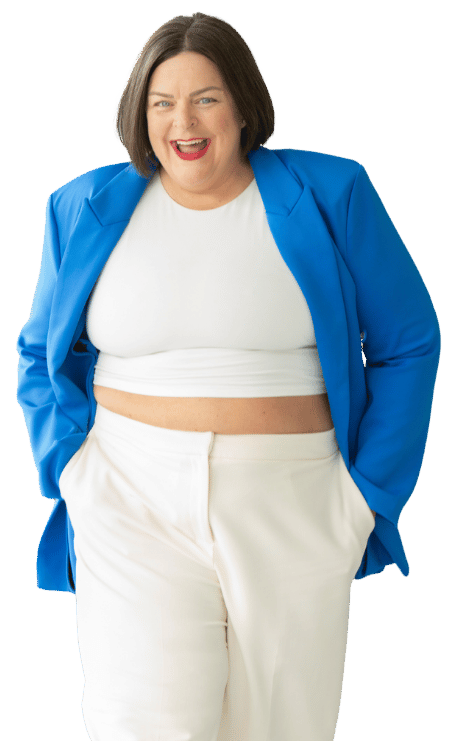Business Blogs
No Results Found
The page you requested could not be found. Try refining your search, or use the navigation above to locate the post.

Welcome!
I’m Stephanie Dodier
I am a non-diet nutritionist, educator, and feminist business leader challenging everything we’ve been taught about food, health, and coaching.
I help health professionals confidently coach food and body without co-opting diet culture.
Join me in leading the health coaching revolution!
Ready? Let's do this!
FREE STARTER KIT & GUIDE
Let's start coaching client with confidence using the non-diet coaching approach!
Use this free intake forms kit and evaluate your client with food, body image and mindset and set the foundation for transformative coaching relationships, rooted in trust and client empowerment.



